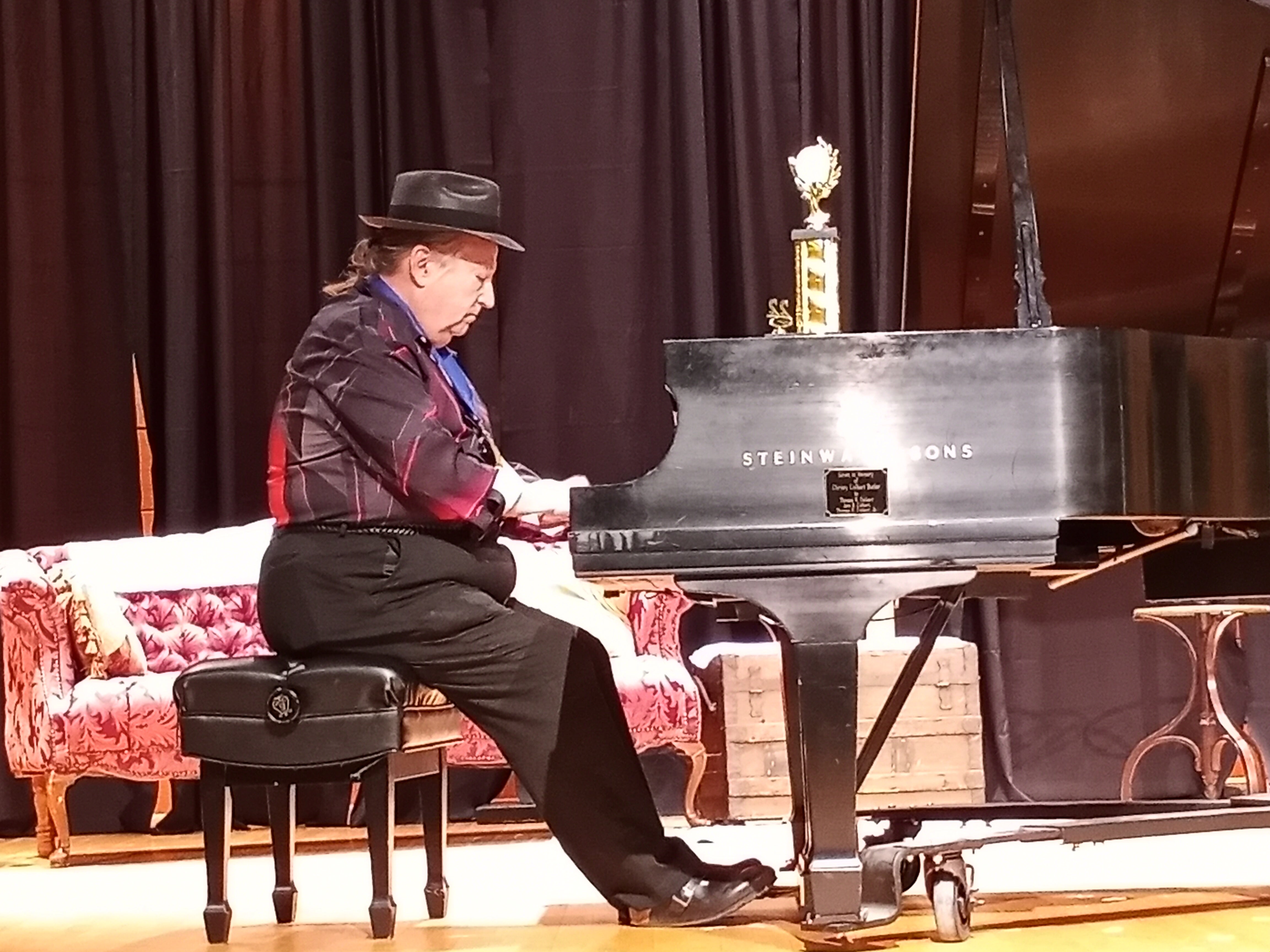Does time change affect you?
Published 6:00 am Sunday, March 13, 2016
Many U.S. residents may have woke up feeling a bit more tired than usual. They may have had trouble getting out of bed with their room still being so dark. Some may have even decided to skip church or even call in late to work.
The clocks skipped ahead an hour at 2 a.m. this morning for Daylight Savings Time.
With most cell phones, computers and even clocks being digital, there’s less work involved in having to actually set clocks backwards manually. But it’s always good to double check whether the time was automatically set for Daylight Savings Time.
The only states in the U.S. that do not observe Daylight Savings Time are Hawaii and Arizona. About 80 other countries also observe the extra hour of light; however many won’t change their clocks until the last week of March.
The change will cause the mornings to be darker in the earlier hours. If you generally wake up at 6 a.m., it’s technically 5 a.m. after Daylight Savings kicks in. As the summer progresses, mornings will become lighter. The point of Daylight Savings was to give people an extra hour or so of light in the evenings during the spring and summer months.
Saving time
Daylight Savings Time started during World War 1 as a way to conserve fuel.
After the war, it didn’t come back up again until 1966, when President Lyndon Johnson signed the Uniform Time Act into law. The U.S. Department of Transportation is the “keeper” of daylight savings time.
According to a 2008 federal Department of Energy study, U.S. electricity use decreases by .5 for each day of extended daylight hours, resulting in a savings of .03 percent of the year as a whole.
The idea of maximizing the sunlight has been said to have its roots going back to the 1700s by Benjamin Franklin. In 2007, Daylight Savings was extended by a month.
Time change
The time change seems to have more of an affect on our bodies than saving energy; however it’s worth a few days of sleepiness to have more time outdoors in the evenings.
Oxford resident Sandi Cade said she loves the time change.
“I wish we could spring forward and stick with it forever,” she said.
Oxford Buildings and Grounds superintendent Billy Lamb said the time change doesn’t affect his crews who are generally our before sunlight at any time of the year, planting flowers, picking up litter around the Square and mowing lawns on city property.
“I have 3 a.m., 6 a.m. and 8 a.m. crews,” he said. “So it’s generally dark when the first two start working anyway.”
Bo Ragon, who heads up Oxford’s city shop said the time change also doesn’t affect their schedules but it does make him a bit slower in the morning.
“As I get older it takes me longer to adjust when I wake up when the time changes,” he said.
Lafayette County Road Manager Jerry Haynie said his crews don’t usually get on the road until about 7:45 a.m. on most days.
“By the time they get in and everything lined up its about 7:30 and close to 7:45-8 a.m. before we leave the shop,” he said. “So it’s light by then either way.”
Impact depends on lifestyle
Dr. Jeffrey Evans, a Jackson native who moved to Oxford in 1994, graduated from the University of Mississippi in 1984 and from the University of Mississippi Medical Center in Jackson in 1988. He is board certified in sleep medicine, pulmonary disease and internal medicine. He said Daylight Savings Time can affect people’s sleep habits.
“How the time changes affects your sleep depends on your personal health, usual sleep habits and overall lifestyle,” he said. “If you already try to get by on five to six hours of sleep and have very little margin in your life, the time change, and losing an hour of sleep, can be detrimental.
“If you are getting seven to eight hours already, and you usually feel rested when you awaken, the time change will likely be hardly noticed.”
Evans said, typically, you may feel drowsy and fatigued, have trouble concentrating and even notice some forgetfulness on the first days after the time change.
“Also on that Sunday night, (tonight), you have some onset of insomnia or difficulty getting to sleep due to the dyssynchrony between your internal clock and the actual clock (At 10:30 p.m., your body still thinks it is 9:30 p.m.)”
Evans said this may lead to sub-optimal performance with your daily routine – work, et cetera – on Monday also. The good news is that most people adjust to the change with two to three days.
“There is new research from Finland that shows an overall eight percent increase in the chance of stroke within two days after the time change, and for persons 65 years of age, a 20 percent increase over that interval of time,” Evans said.
LaReeca Rucker contributed to this story.





